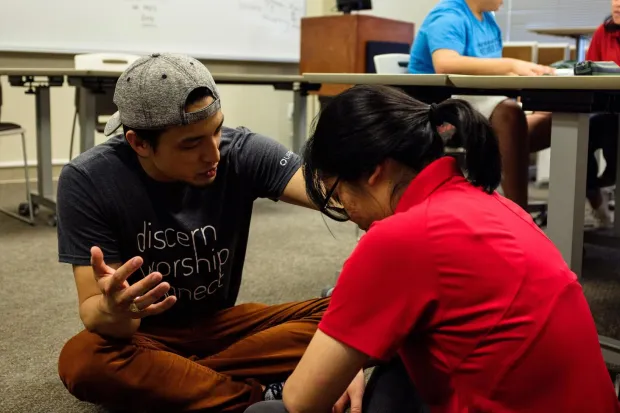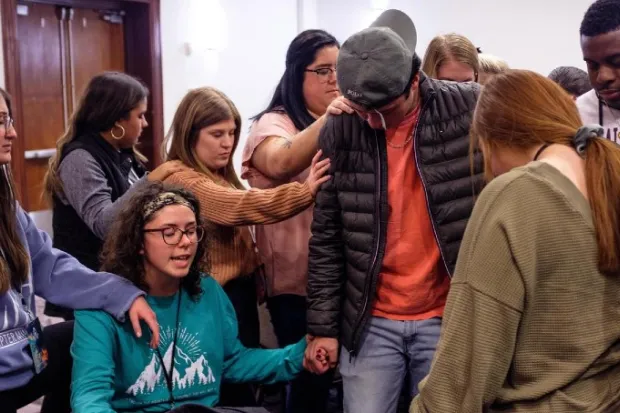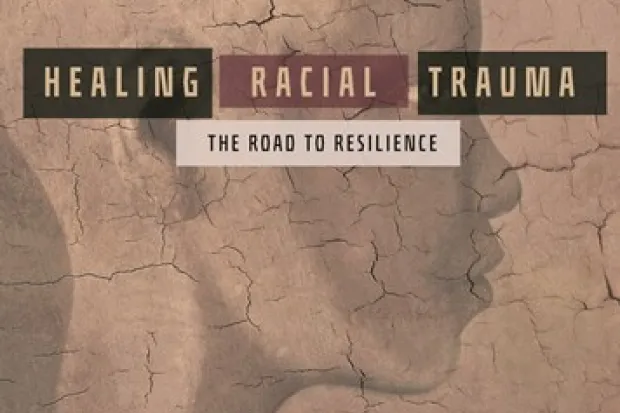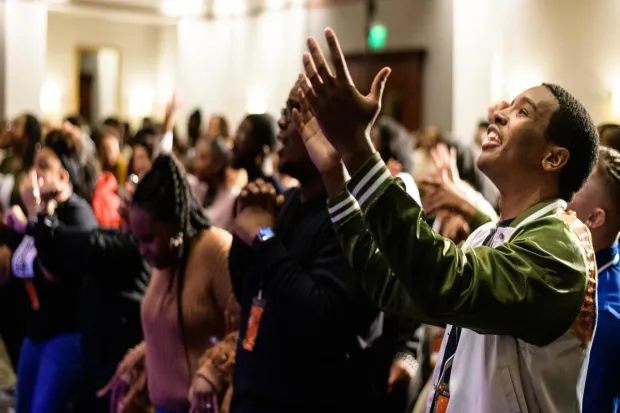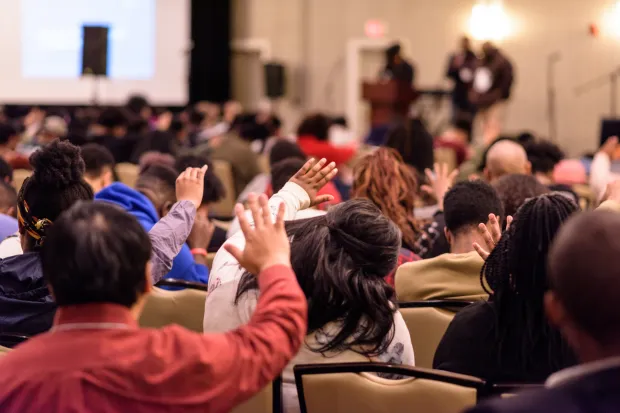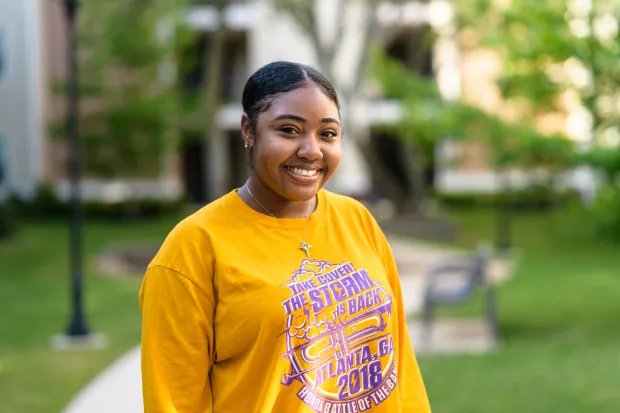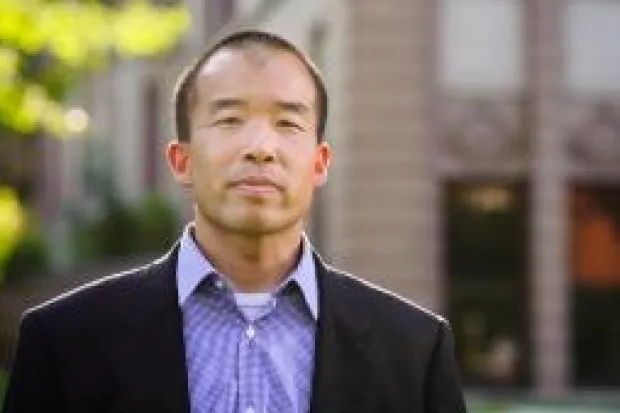Ethnicity, Reconciliation, and Justice
Jesus as Prophet—Repentance & a New Reality
What roles does Jesus play in your life? In college, I would have said things like “Savior,” “Lord,” “Friend,” and “Redeemer” due to my church upbringing and perhaps whatever worship songs were sung that Sunday. Out of all the possibilities, however, I’m convinced that “Prophet” would have been on the bottom of my list. And I don’t think I’m alone in this either.
A Prayer for Lingering in Racial Discomfort
This Welcoming Prayer has significantly helped me in processing strong emotions, and I’ve adapted it for this season. This type of prayer helps us to welcome the emotions and learn from them, to let go of the things that tempt us to leave too soon, and to open ourselves to God.
Book Review: Sheila Wise Rowe’s Healing Racial Trauma
By sharing real-life stories of racial trauma, including her own, and how people overcame it, Rowe gives guidance to readers on how they, too, can find healing.
The Narrative of the Gospel Versus the Narrative of the World
It feels like the world around us has been swept up in a narrative of life to death. But this is not the narrative of the gospel.
Living Out God’s Heart for Racial Justice
So how can we grow in living out God’s heart for racial justice?
A $25,000 Matching Grant for Black Staff Flourishing
InterVarsity alumni Eddie and Kristen Yoon will match $25,000 of gifts to a special fund for Black Staff Flourishing. These funds will help Black staff for whom raising funds for ministry is an extra challenge due to historic inequities. Below, Eddie and Kristen share their heart. Click here to give.
InterVarsity Resolved to Pursue Justice and Reconciliation
Responding to COVID-19—Hope & Hospitality for Internationals
International students or not, we simply don’t have control over the pandemic. But we do have control over how we respond. This is an opportunity to extend and be blessed by friendship.
Through My Lens—Being Christian, Being Hmong
Through contextualization, we can restore the beauty and value of our shared experiences and culture and reorient ourselves to see how our cultural identity relates to our faith in Jesus. Contextualization is more than being able to identify areas that aren’t working well; it’s reengineering structures and systems to cultivate a space and message that are relevant to the people in the room.
Through My Lens—The Master Liberator
I often think about the gospel and how it was presented to me. It was in the country roads of southern Arkansas, where my grandmother sang in the choir of a Black church. It was the hands raised, the strength of the Black women, and the rapping of the pastor that excited my soul. It always struck me that pain, joy, and hope could coexist.
